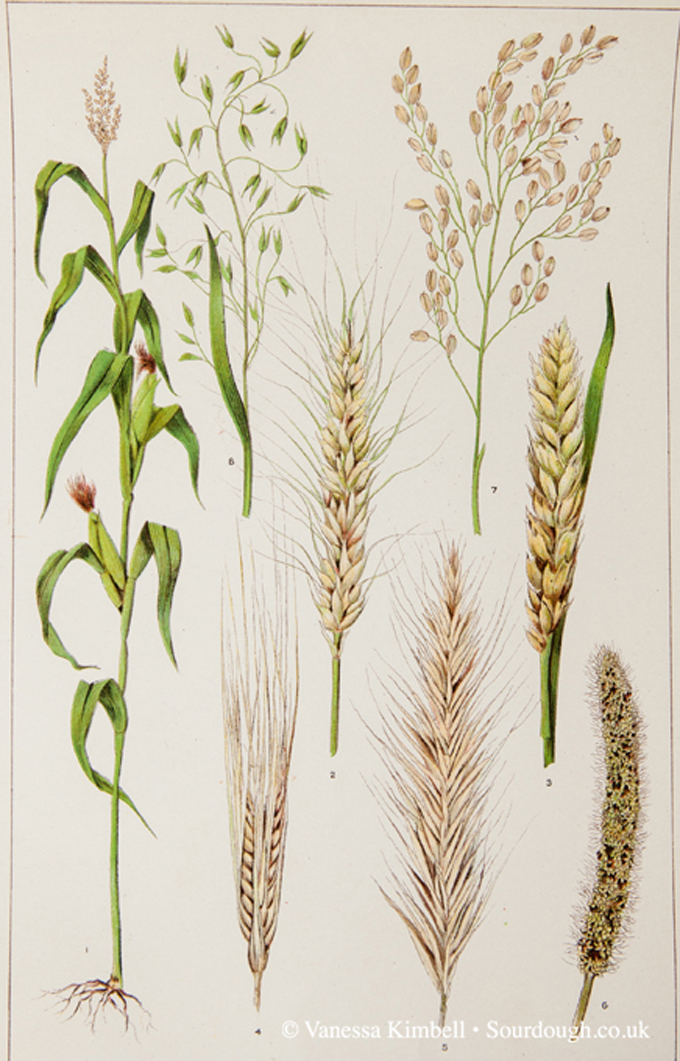What are Beta-Glucans and Why Do They Matter in Bread?

What they are: Beta-glucans are soluble fibres composed of glucose molecules linked in a specific way. Found in high concentrations in oats, barley, and some fungi. Adding beta-glucans to bread makes it healthier.
Role in dough: Beta-glucans form a gel-like matrix due to their solubility and viscosity. Enhancing texture and moisture retention in dough. This is especially beneficial in rye or wholegrain loaves.
Effect on fermentation:
- Beta-glucans act as prebiotics, fostering the growth of helpful microbes like lactic acid that flourish on oligosaccharides released during fermentation.
- The gel-like properties of beta-glucans improve the consistency of the dough, enhancing gas retention during fermentation and contributing to a better crumb structure.
- Also contributing to the slower release of sugars, encouraging a balanced microbial ecosystem and enhancing the development of complex flavours in bread.
Barley & Beta-Glucans
The consumption of the bread you eat can significantly influence health, particularly through the incorporation of beta-glucans, which are beneficial for individuals recovering from cancer or seeking preventive measures against cardiovascular diseases. When I do a bread and health assessment I take into account your health goals and if needed I personalise your bread recipe with these health supporting compounds.
Recent research has emphasised its potential to lower cholesterol levels, reduce blood cholesterol, and mitigate obesity risks. Beta-glucans have been increasingly recognised for their roles in enhancing insulin sensitivity and bolstering the immune system against cancer. Studies indicate that beta-glucans can effectively reduce markers of cardiovascular risk, such as serum cholesterol and visceral fat.
While daily intake recommendations vary, consuming three grams of beta-glucans daily can lower LDL or “bad” cholesterol by five percent. Adding barley’s soluble fiber to homemade bread can help, especially with our Diversity Blend No. 0+ Wholemeal Flour.
If you’re curious about understanding the role of ingredients like beta-glucans in baking and their health benefits, check out our courses at The Sourdough School. We also offer consultations and testing to explore how bread impacts health, including personalised assessments.



